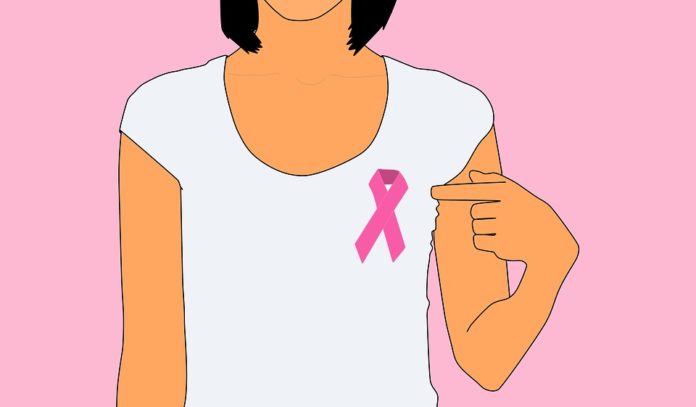Different immune responses in men and women, and interaction with hormones might impact how men and women benefit from immunotherapy drugs
Men and women may react differently to immunotherapy drugs used for cancer treatment. A new meta-analysis of trials in over 11000 patients suggests that patient’s sex might impact the efficacy of immunotherapy in cancer treatment.
The study was published in The Lancet Oncology.
Cancer immunotherapy represents one of the most important advances in cancer treatment in the past decade. It is the standard treatment for some types of cancers, including melanoma and non-small-cell lung cancer, and trials are ongoing into its effectiveness in the treatment of other cancers.
In half of the trials in this study, women comprised less than a third of the overall population, meaning that individual trials likely cannot reliably show the interaction between sex and treatment efficacy
While the findings do not imply a change in treatment guidelines for men or women, the authors say they should prompt further research to understand the mechanisms at play in order to improve treatments for all patients.
Additionally, the under-representation of female patients in clinical trials is a widely recognised problem. Indeed, in half of the trials in this study, women comprised less than a third of the overall population, meaning that individual trials likely cannot reliably show the interaction between sex and treatment efficacy. The findings from the meta-analysis highlight the need for sex-specific analyses to avoid erroneously extending to women results that are obtained mainly in male patients, which may lead to poorer care, and potentially harm.
Previous studies have shown that men have an almost two-times higher risk of mortality from all cancers than women, likely as a result of behavioural and biological factors. In this study, the authors looked specifically at the differences in survival for patients treated with immunotherapy.
They combined data from 20 previously published randomised trials including 11351 patients who had received an immune checkpoint inhibitors (ipilimumab, tremelimumab, nivolumab, or pembrolizumab) for advanced or metastatic cancers. These included melanoma, renal cell carcinoma, urothelial cancer, head and neck cancer, and lung cancer. 3632 (32%) of 11351 patients had melanoma and 3482 (31%) had non-small-cell lung cancer. Of those included in the analysis, 7646 (67%) were male and 3705 (33%) were female.
Overall, for both men and women, immunotherapy was more effective than the control, whether this was a placebo, or another type of cancer drug. But, there was a higher survival benefit for men compared to women, regardless of the type of cancer and the type of drug administered.
On average, the relative survival gain was double the size for men compared to women. “An individual’s prognosis will depend on multiple variables including type of cancer and the drugs used, and immunotherapies continue to be the standard treatment for several cancers, with survival often far better than other drugs. Treatment for women should not altered based on these findings, rather we need to understand more about the mechanisms to ensure that these novel treatments can be optimised for both men and women,” explains author Dr Fabio Conforti, European Institute of Oncology, Milan (Italy).
“Both sex and gender can potentially affect the strength of the body’s immune response. On average, women mount stronger immune responses than do men, which results in more rapid clearance of pathogens, explaining the lower severity and prevalence of many infections in women, and their greater response to vaccination than men. On the other hand, women account for roughly 80% of all patients with systemic autoimmune diseases worldwide. Therefore, it’s possible that differences in the immune system of women and men could be relevant to the natural course of chronic inflammatory conditions such as cancer, and potentially how they respond to drugs,” added Dr Conforti.


